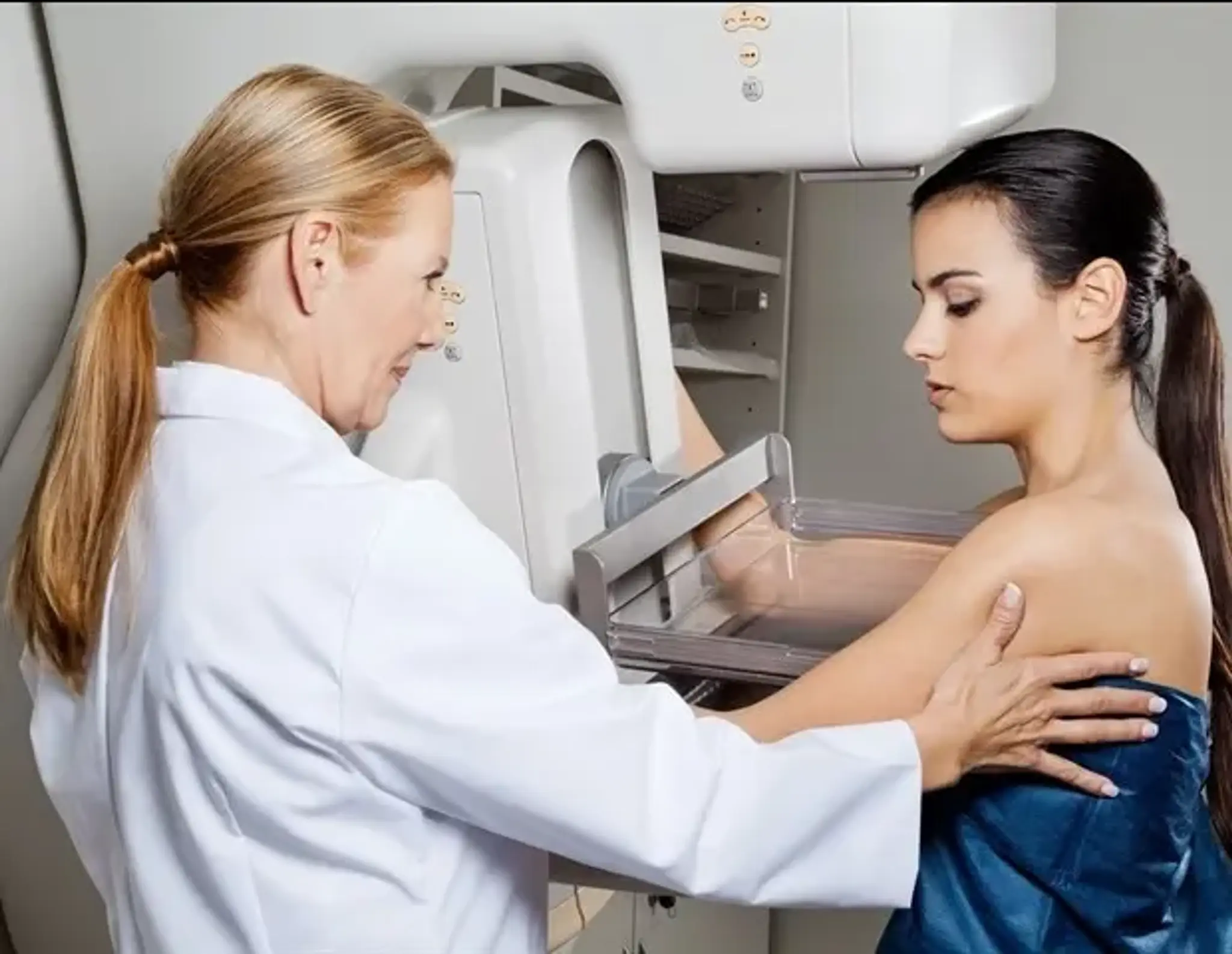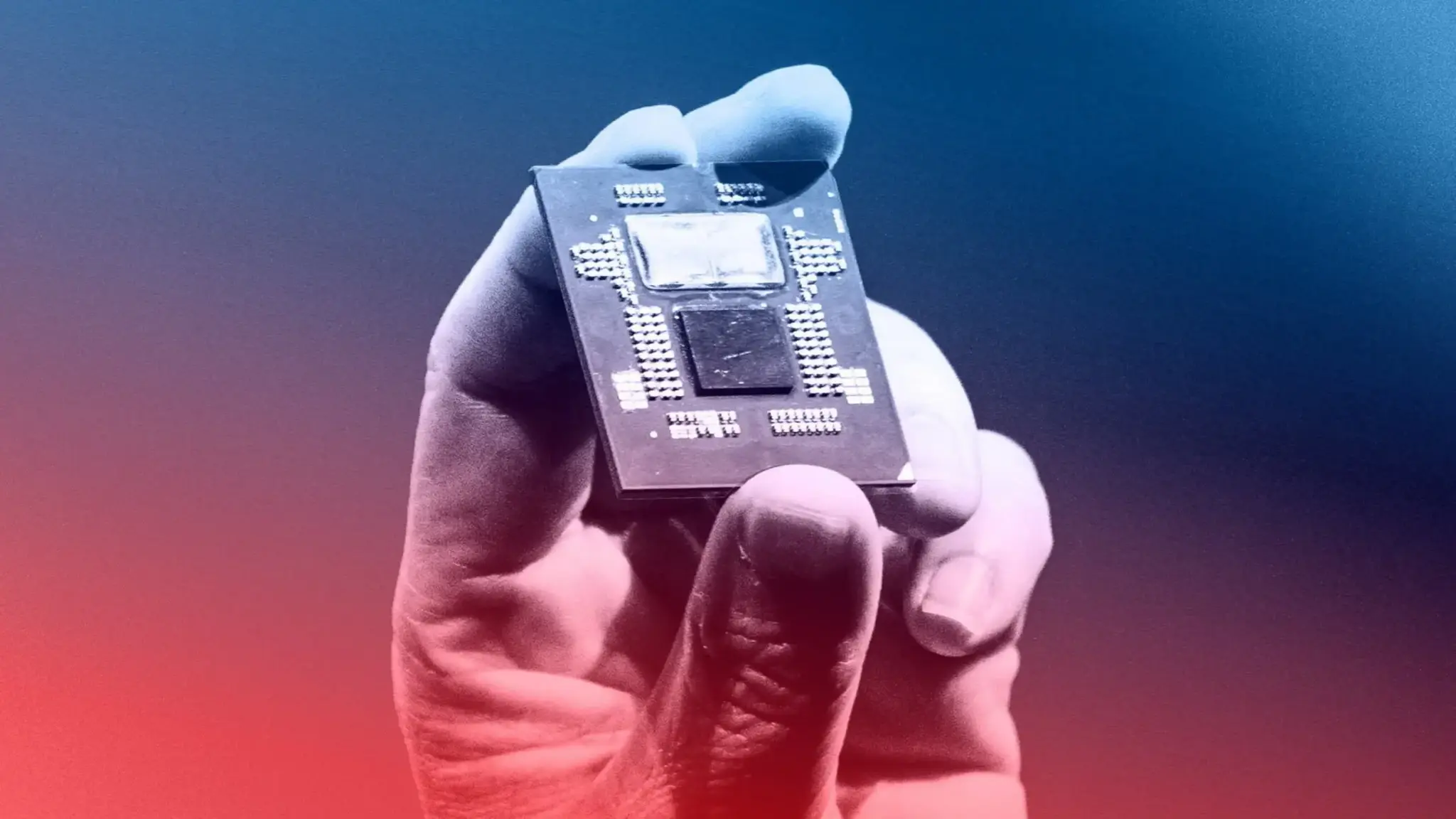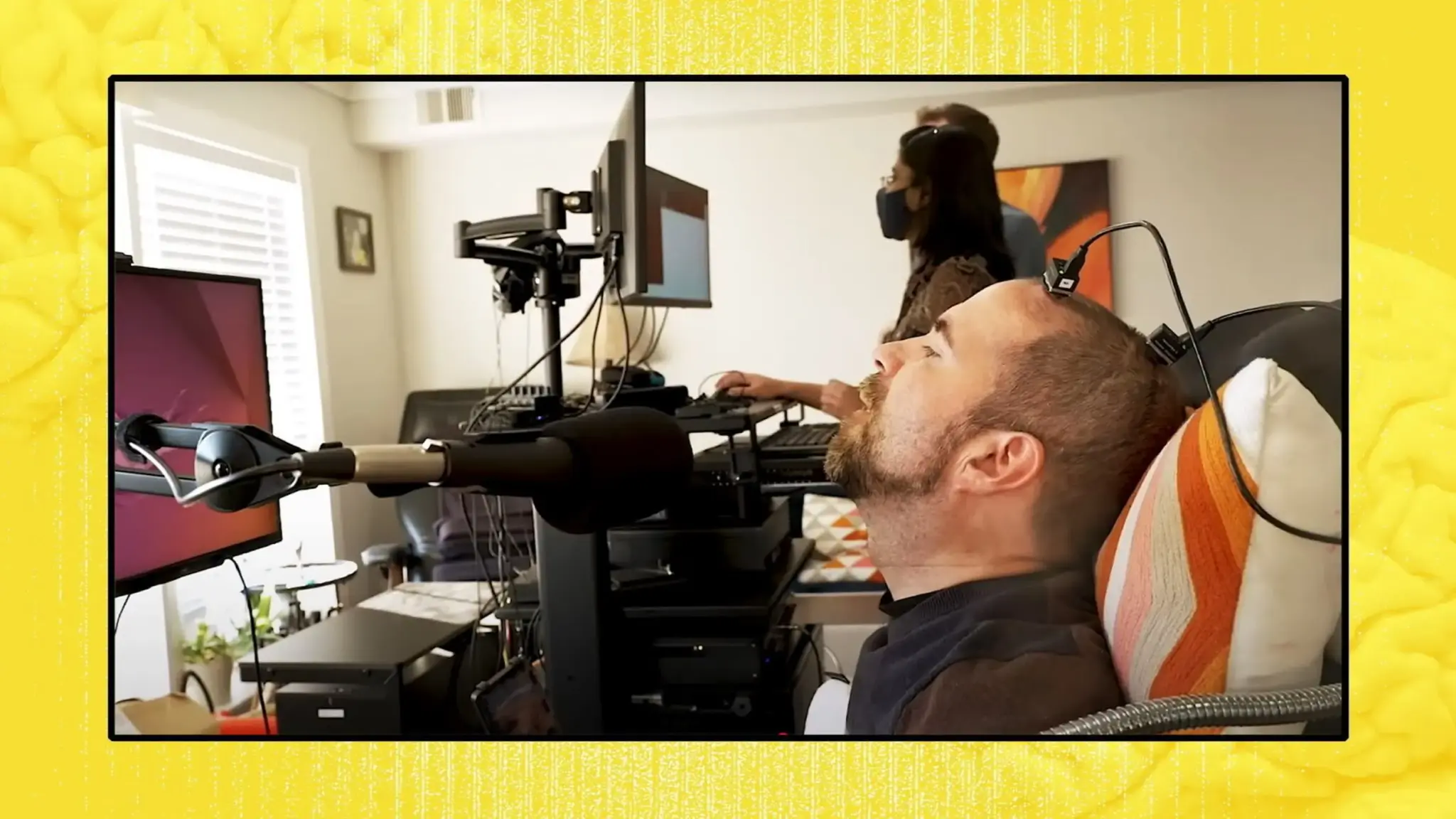The race to create a 'voice prosthesis' is heating up, with Californian researchers and companies like Precision Neuroscience utilising implants and AI to translate brainwaves into fluent speech. These advancements offer hope for individuals who have lost the ability to speak. The technology typically involves implanting electrodes to detect brain activity related to speech, which is then decoded by sophisticated AI algorithms.
Precision Neuroscience is developing minimally invasive implants, while other groups focus on improving the accuracy and speed of speech synthesis. The potential impact is significant, promising to restore communication for people with conditions such as paralysis or stroke. Challenges remain in refining the technology to handle the nuances of natural conversation and ensuring long-term reliability and safety of the implants.
Ultimately, the goal is to create a seamless interface that allows users to express themselves effortlessly, marking a significant step forward in neurotechnology and its applications for improving quality of life.
Related Articles

AI fuels job application fraud
Read more about AI fuels job application fraud →
AI Reshapes Coding Landscape
Read more about AI Reshapes Coding Landscape →
AI mammography adoption shows promise
Read more about AI mammography adoption shows promise →
AI Adoption: Market Concerns?
Read more about AI Adoption: Market Concerns? →
